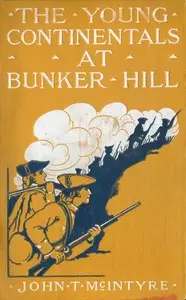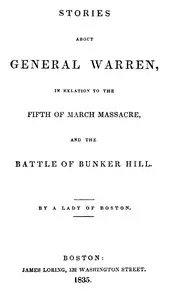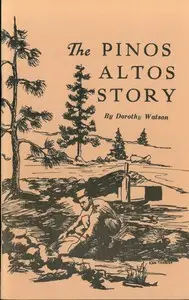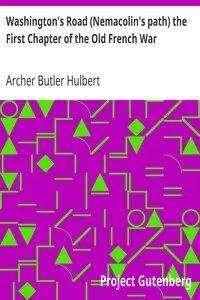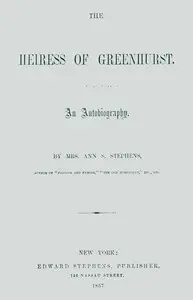"Grandmother's Story of Bunker Hill Battle, as She Saw it from the Belfry" by Oliver Wendell Holmes is a story told from the perspective of a grandmother who recalls what she saw as a young girl, high up in a church belfry, during the Battle of Bunker Hill. The book paints a picture of a major battle in the American Revolutionary War through the eyes of someone watching the events unfold from afar. It explores themes of courage and what people gave up while capturing the strong feelings of those who could only watch the battle from a distance. Through her memories, readers are brought back to a summer day full of the sounds of battle and the sight of soldiers marching, expressing her fear and worry as the battle goes on, and bringing to light moments of strength and connection, showing how war affected the lives of ordinary people during a very important time in history.
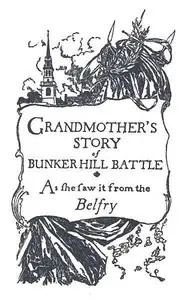
Grandmother's Story of Bunker Hill Battle, as She Saw it from the Belfry
By Oliver Wendell Holmes
Witness the raw emotion of a young girl perched high above, as she watches a pivotal battle unfold and forever alters her understanding of war, loss, and the meaning of courage.
Summary
About the AuthorOliver Wendell Holmes Sr. was an American physician, poet, and polymath based in Boston. Grouped among the fireside poets, he was acclaimed by his peers as one of the best writers of the day. His most famous prose works are the "Breakfast-Table" series, which began with The Autocrat of the Breakfast-Table (1858). He was also an important medical reformer. In addition to his work as an author and poet, Holmes also served as a physician, professor, lecturer, inventor, and, although he never practiced it, he received formal training in law.
Oliver Wendell Holmes Sr. was an American physician, poet, and polymath based in Boston. Grouped among the fireside poets, he was acclaimed by his peers as one of the best writers of the day. His most famous prose works are the "Breakfast-Table" series, which began with The Autocrat of the Breakfast-Table (1858). He was also an important medical reformer. In addition to his work as an author and poet, Holmes also served as a physician, professor, lecturer, inventor, and, although he never practiced it, he received formal training in law.





